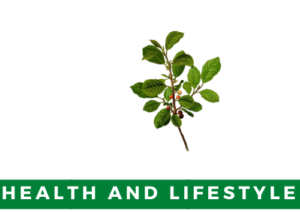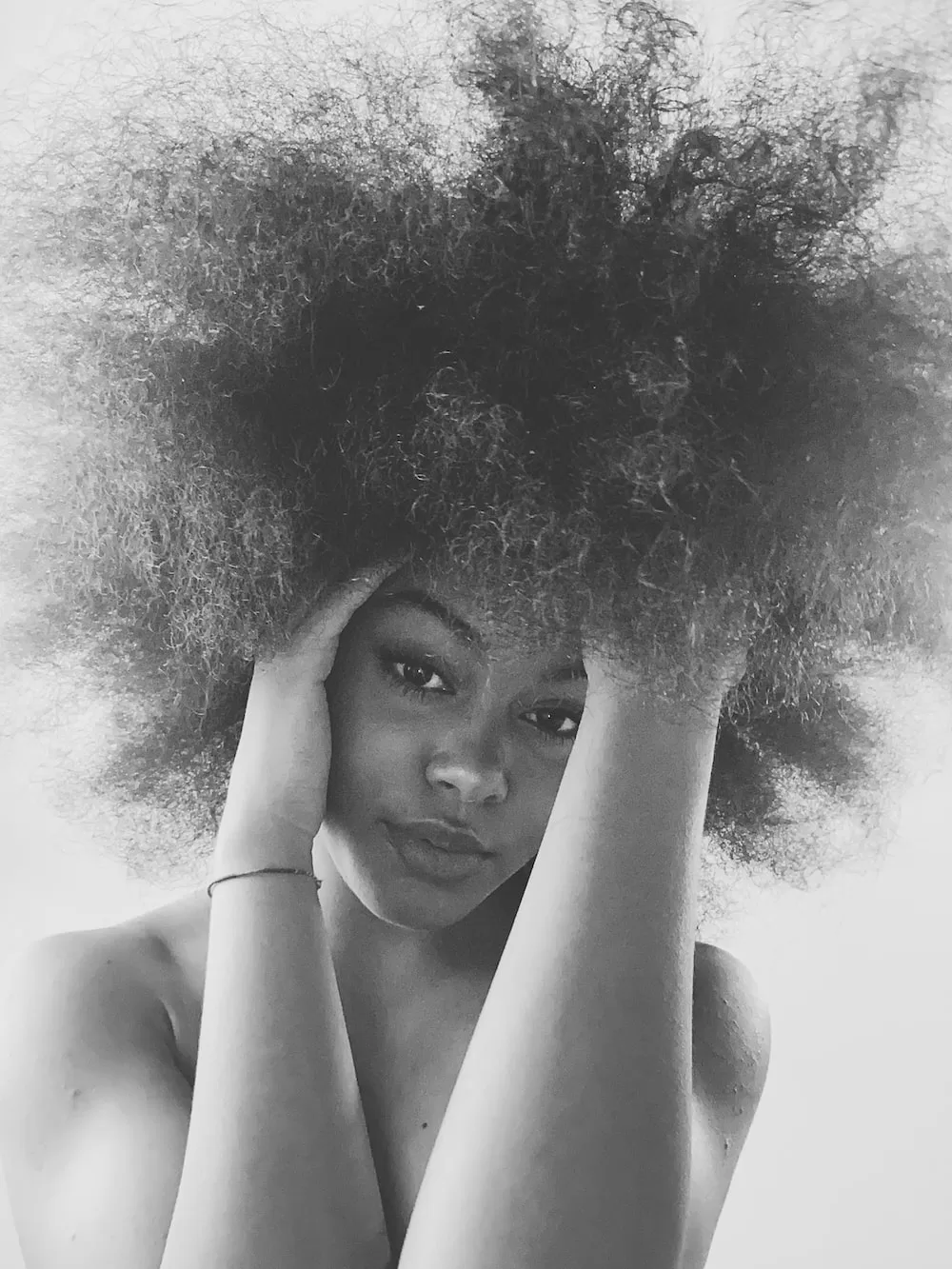Due to the delicate nature of black hair, it requires proper care and attention. Today, we will look at some effective natural hair care tips for black hair.
Black hair has a unique texture and requires specific attention and care, making it essential to adopt a specialized hair care routine. So, how do you take care of black hair for growth and what not to do to black hair? Let’s find out!
Essential Natural Hair Care Tips For Black Hair
- Moisturize
- Gentle Detangling
- Scalp Care
- Deep conditioning
- Limit Heat Styling Tools
1. Moisturize
Black hair is drier than other hair types, so keeping it moisturized is fundamental to maintaining healthy tresses. Go for natural and water-based products to lock in moisture and prevent breakage.
Deep conditioning regularly and using leave-in conditioners can work wonders for keeping your hair hydrated.
You can use homemade hair masks using ingredients such as avocados, honey, or aloe vera gel to ensure your tresses stay hydrated and irresistibly soft.
Most importantly, pay attention to problem areas, such as the ends of your hair, which tend to be the driest.
2. Gentle Detangling
Detangling black hair can be difficult, but it doesn’t have to be. Be gentle when combing or brushing to minimize breakage and damage.
Start from the ends and work your way up, using a wide-toothed comb or your fingers to untangle knots gradually. Apply a leave-in conditioner or a detangling spray to make the process even smoother.
Avoiding excessive manipulation and being gentle while detangling is crucial for maintaining healthy natural hair.
Use your fingers or a wide-tooth comb, detangling from ends to roots to prevent breakage. Consider spritzing your hair with water or a detangling spray to ease the process. Also, remember to detangle your hair when it is damp or moisturized to minimize damage.
3. Scalp Care
One of the most effective natural hair tips for black hair is to take care of your scalp. Proper scalp care begins with cleansing.
Use a sulfate-free shampoo that is gentle on the scalp. Black hair tends to be dry, and harsh shampoos can strip the scalp of its natural oils, leading to dryness and irritation.
Consider a moisturizing or clarifying shampoo that suits your scalp’s specific needs. Washing your hair too frequently can lead to a dry scalp. At least, wash your hair once a week or as needed.
Just like your hair, your scalp needs moisture. Apply a light, hydrating scalp oil or serum regularly to prevent dryness and itchiness. Choose products that are suitable for your scalp type, whether it’s oily, dry, or sensitive.
When styling your hair, consider the impact on your scalp. Tight hairstyles, such as braids or weaves, can stress the scalp and lead to conditions like traction alopecia. Ensure that your protective styles are not too tight and allow your scalp to breathe.
4. Deep conditioning
Deep conditioners often contain ingredients like proteins and amino acids that strengthen the hair and improve its elasticity. This helps reduce breakage and promotes healthier, more resilient hair.
- Damage Repair: For black hair that has been subjected to heat styling, chemical treatments, or environmental damage, deep conditioning can help repair the damage by nourishing and fortifying the hair shaft.
- Deep conditioning treatments are essential for restoring moisture and nourishing your hair from within.
- Incorporate deep conditioning into your hair care routine at least once a week. Look for products containing natural ingredients like aloe vera, honey, or avocado oil. Additionally, consider using a steamer or warm towel to enhance the benefits of your deep conditioning treatment.
5. Limit Heat Styling Tools
Excessive heat styling can cause irreparable damage to black hair, resulting in dryness and breakage.
Heat styling tools like flat irons, curling irons, and blow dryers can be damaging to black hair. Here’s why you shouldn’t use use heat styling tools often.
- Dryness and Breakage
Using heat styling tools on your hair regularly can strip away the little moisture it retains, leading to excessive dryness, brittleness, and breakage.
- Damage hair texture
Heat styling can alter the natural curl pattern of black hair. This can result in a loss of the beautiful, unique texture that many people with black hair cherish.
- Hair Damage
High temperatures can cause heat damage to your hair, which is often irreversible. Heat-damaged hair may appear limp, and frizzy, and have a straw-like texture. It’s essential to avoid this by minimizing heat usage.
So, how can you avoid heat damage?
- Air Drying
Whenever possible, let your hair air dry instead of using a blow dryer. Gently pat your hair dry with a microfiber towel to remove excess water without causing friction.
- Heat Protectants
If you must use heat styling tools, always apply a heat protectant product to your hair beforehand. This can help minimize damage by creating a barrier between your hair and the heat.
- Low Heat Settings
When using heat styling tools, choose the lowest effective heat setting. Avoid cranking up the heat unnecessarily, as this increases the risk of damage.
- Limit Frequency
Reduce the frequency of heat styling. Embrace natural hairstyles on most days to give your hair a break from heat exposure.
Conclusion
Natural hair care is essential for maintaining the health and vitality of black hair. By following these tips, individuals can embrace their natural hair texture and promote its growth and strength.
The key to successful natural hair care lies in understanding the unique needs of black hair and tailoring a regimen that addresses those needs.

